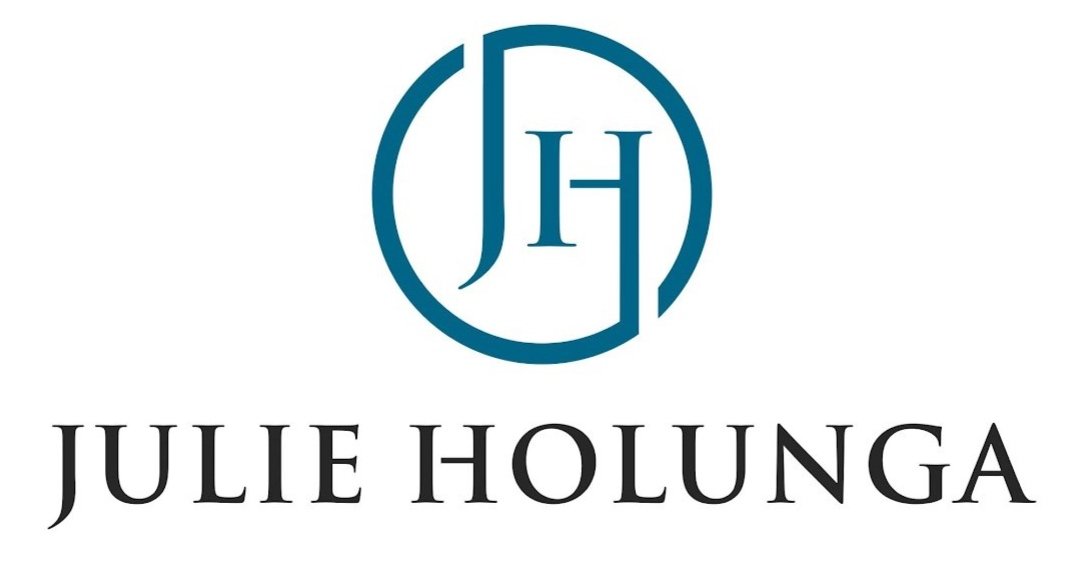Winning The War For Talent Is About One Competitive Choice
The article was originally posted on Forbes Coaches Council.
"Our firm is built on relationships. If you want to succeed here, you need to know people, inside the firm and outside." Spoken like every good professional services firm leader, this sentiment begs a burden of proof. How integral are relationships to your firm’s growth strategy? How evident is the value of relationships to your firm’s day-to-day operations? There are two core components to relationship capital: visibility and advocacy.
For rising professional services firm leaders, there’s never been a greater time to invest in relationships through your organization and far into the marketplace. Forbes reports that 85% of job vacancies are filled through networking, a tip of the cap to the importance of relationships. Strong relationships embedded in trust nurture healthy feedback, foster strategic advocacy and offer a more objective perspective for leaders and teams eager to do remarkable work.
One Competitive Choice
After working with hundreds of professional services firm leaders across North America, I recognize one competitive choice made by future leaders. What separates future senior partners with a thriving practice from others is their conscious efforts to build genuine relationships. Networking in and of itself is rarely valuable or effective, and often awkward. It is short-term-focused and transactional in nature. On the other hand, relationship capital emphasizes giving over taking. The ones who bring value through insight, resources, introductions and attention see the reward in relationship capital.
Being an advocate means understanding what others need from you and not assuming their experience is exactly yours. Don’t make assumptions. Instead, ask them what they need at the moment. Do they need a sounding board? Or do they need advice or recommendations? It also means having the discretion to advocate in the way that is needed. Advocates rarely need to "rescue" a younger colleague—especially a younger female colleague—by stepping in and taking charge of the situation. Instead, advocating means being in the moment and supporting their expertise—the same expertise you trusted them to have when you first hired them.
How To Start Building Relationship Capital
As an advocate, you have the profound opportunity to serve as a sounding board. Is this an idea worth sharing? Are there details you see missing or out of place based on your years of experience? How can you constructively provide some perspective that builds up your colleagues? Here are three ways to start building greater relationship capital throughout your firm, externally with clients and throughout your network.
1. Watch the intent-impact gap: What you intend to convey through your words and actions may not align with their actual impact. Aligning your intent with the real impact can build greater trust with each conversation and opportunity.
2. Follow the Titanium Rule: “Speak to others in the way they want and need to be spoken to.” While it’s natural to communicate how we prefer to communicate, going the extra mile to communicate in a way more specific to the other person’s personality and communication style can build greater trust.
3. Active listening: While it's a somewhat lost art, active listening is worth the effort. When others feel seen and heard with your full attention, it invites greater trust and confidence. This is key for developing genuine relationship capital.
A true advocate opens doors for those who are ready for the next level. Who do you need to introduce to a rising colleague? Who can you bring along to your next client meeting to learn and grow?Investing in your relationship capital is one of the few guaranteed rewards in your work. What is one relationship you want to focus on and deepen? What is one relationship you need to step back from to protect your energy and focus? To paraphrase Jon Gordon’s The Energy Bus, who is fueling you? And who is stealing from you?
Business theorist Arie de Geus once wrote, "[T]he ability [of firms] to learn faster than competitors may be the only sustainable competitive advantage." I believe the professional services firms that will win this next decade are the ones learning how to best build relationship capital now. It’s what can keep top-level talent engaged and on the fast track, instead of updating their LinkedIn profiles and doing clandestine interviews over lunch. It’s what can hold firms together when economic uncertainty and market disruption shake the status quo in the future. Most importantly, it can show the world who sees people as a priority, not simply a vehicle toward profitability.
Advocacy is the bridge from being known to being trusted. The leaders (and firms) who understand how to stockpile trust and relationship capital know how to activate advocacy. It’s developing relationships and confidence in your respective expertise before the hard times hit. Relationship capital allows us to speak up for each other even when we’re not in the same conversation together. It’s giving leeway to diverge from "the way we’ve always done it" because you trust the person offering the idea, even if the idea itself is unproven or unstable.
